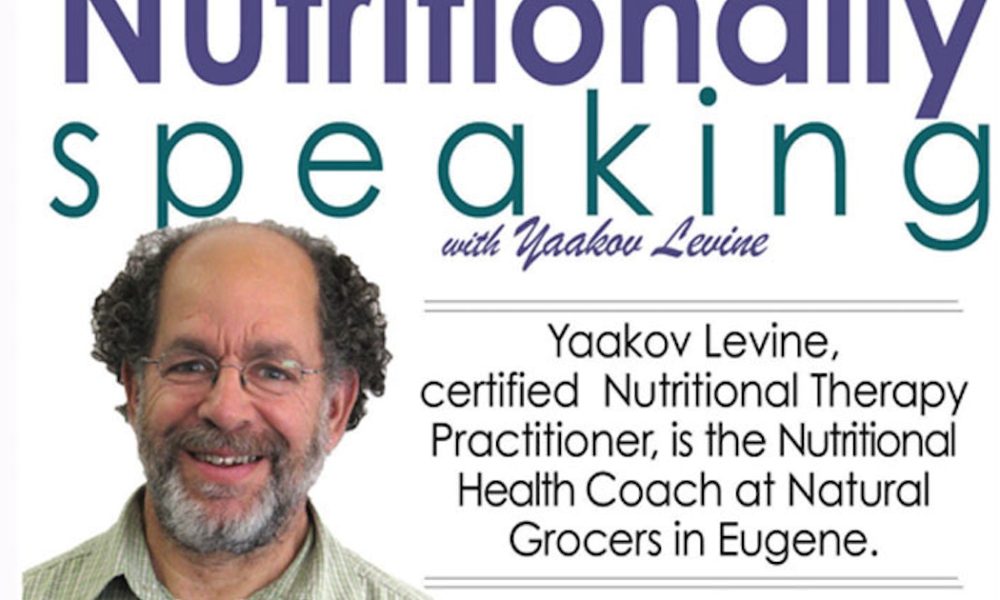
We’ve recently celebrated Earth Day, a day we celebrate each year with an opportunity to learn of better options to support the health of our planet. We learn about the importance of our pollinators, whose populations are often diminished by our less-than-optimal choices in our day-to-day life activities.
What about our food choices? Do we know what is in our food? Are there GMOs (Genetically Modified Organisms) and other unseen and unhealthy ingredients? Unfortunately, it’s getting even more difficult to know due to hidden ingredients in the meat and vegetables you purchase: antibiotics.
Animals that are raised for our tables, such as beef cattle, chickens and pigs raised in confined animal feeding operations (CAFOs) are routinely given antibiotics to keep them alive in stressful, unsanitary conditions, and to make them grow bigger, faster. Antibiotics can also be found in conventionally grown vegetables, since antibiotics in livestock end up being transferred, via manure, into the soils that vegetables are grown in. These same animals are fed ground chicken feathers and blood meal in their feed as inexpensive but potentially toxin-rich additives.
This widespread practice of using sub-therapeutic doses of antibiotics to increase growth in livestock has been connected as a leading cause for the development of new strains of antibiotic-resistant bacteria, such as the now-widespread form of staph infection known as MRSA.
This livestock-acquired strain of MRSA adds to an already scary situation. The human strain of MRSA already affects close to 100,000 people a year in the US, and caused 18,600 deaths in 2005 alone. To put that number into perspective, HIV/AIDS killed 17,000 people that same year. To make matters worse, research has shown that various MRSA strains can be transmitted from humans to animals and vice versa, putting the health of both humans and animals (their pets included) at an ever increasing risk.
Antibiotic-resistant diseases like MRSA are a manmade problem, created by the excessive use of antibiotics. Medical overuse of antibiotics is one aspect, but the greatest, and most hidden, factor is the excessive use of antibiotics in our food production.
According to a report by the FDA on this subject, American factory farms used 29 million pounds of antibiotics in 2009. In 2001, a report issued by the Union of Concerned Scientists estimated that the non-therapeutic use of antibiotics in livestock accounted for 70 percent of the total antibiotic use in the US, and when all agricultural uses were considered, they estimated the share could be as high as 84 percent.
The rise of antibiotic resistance in livestock is so alarming that government officials have finally admitted you can become infected when you eat or simply handle infected meat. They also warn that the microbes can contaminate kitchen counters, utensils and other food. Even the USDA, which usually defends agribusiness interests, suggested at a 2009 hearing in Congress that there is indeed a link between antibiotic use in animals and drug resistance in humans.
The FDA has issued voluntary guidelines suggesting that livestock should only be treated with antibiotics to cure illness, not to enable growth. But can we really rely on the honor system with regard to how industry grows our food? I think not! We need strict measures to ensure antibiotics are used responsibly – and that needs to go beyond a mere suggestion for voluntary compliance!
On a slightly brighter note, the FDA does restrict the use of one of the classes of antibiotics, cephalosporin, in cattle, pigs, chicken and turkeys. These antibiotics, which are regularly prescribed to humans, are implicated in the development and spread of drug-resistant bacteria among humans that work with, and eat, the animals. As of spring 2010, cephalosporin is no longer allowed for use in preventing diseases in livestock, although they are still allowed to use it to treat illness in livestock.
We do have safer alternatives when we shop for our family’s food! Purchasing 100-percent organic produce and meat from organic and pasture-raised/humanely-grown animals is one way to ensure your meat is safe. Ask your grocer where their meat comes from: Are the animals on pasture, start to finish? Are they fed antibiotics and animal byproducts such as potentially toxic feather and blood meal?
Without strictly enforced guidelines for our industrial food, we have to be even better label-readers. Don’t trust a label that declares the food is ”natural” – this only means the food/meat is minimally processed and has nothing to do with how it is raised/grown!
What’s in your dinner?
For more information on this and other health-related topics, come in to see me at the Eugene Natural Grocers store. We offer free classes and free one-on-one health coaching sessions (call 541-345-3300). Find our store’s schedule of free classes at: http://www.naturalgrocers.com/store-locations/eugene/.







